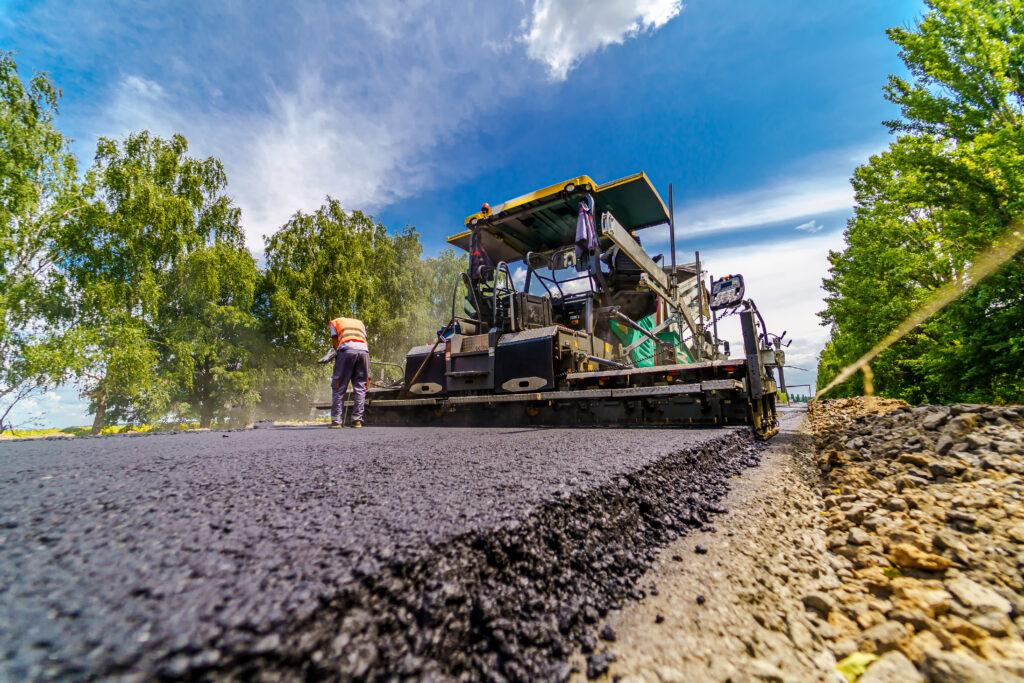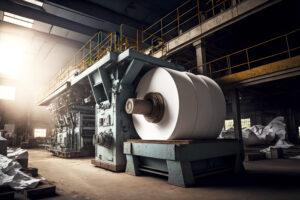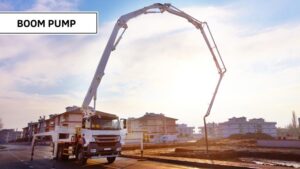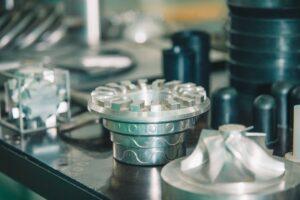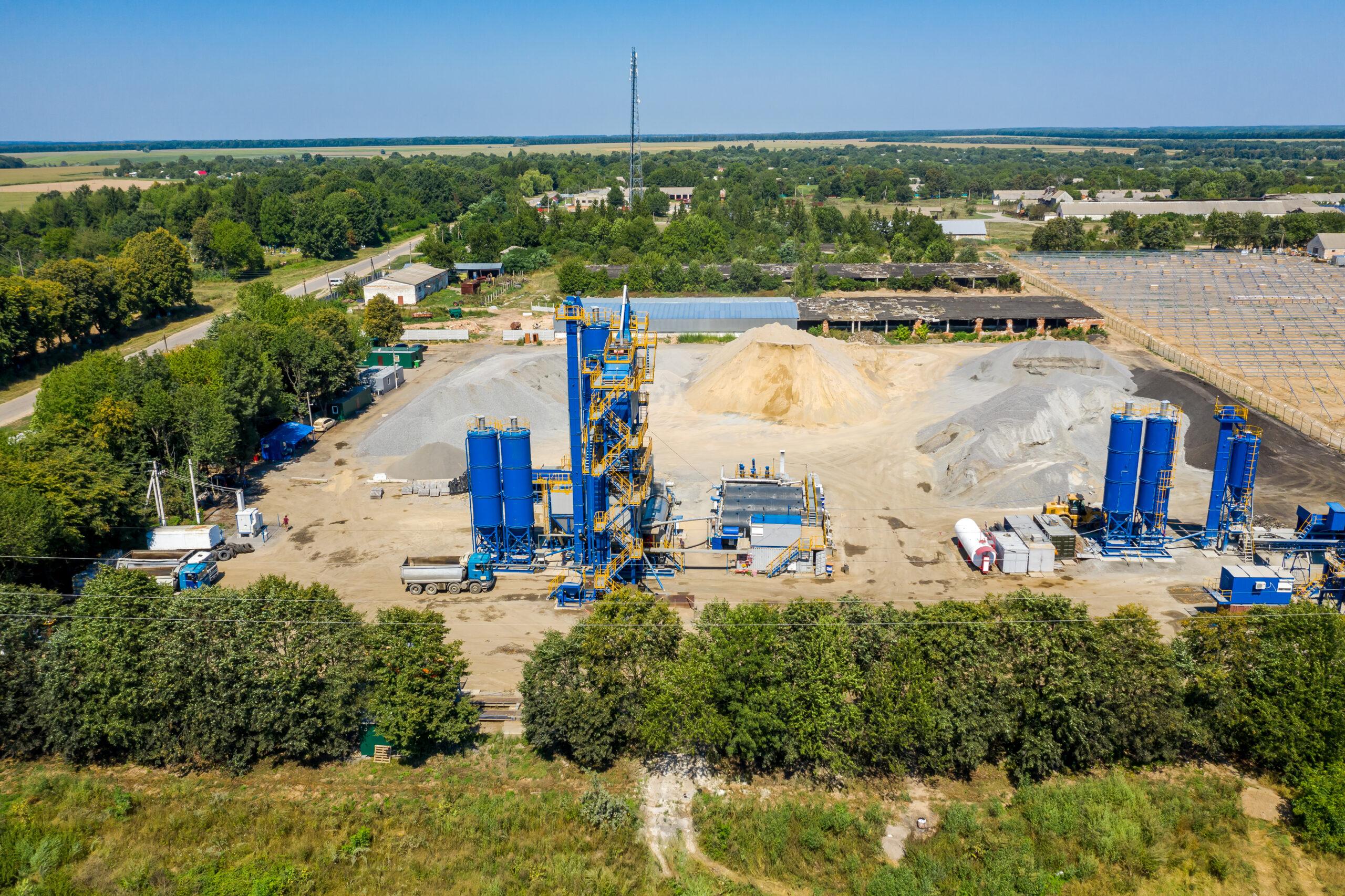
In the world of asphalt manufacturing, the choice of equipment plays a crucial role in determining the efficiency and quality of the final product. Among the most essential pieces of machinery are positive displacement pumps, particularly gear and rotary vane pumps. These pumps are critical in the handling and processing of asphalt, ensuring that the material is transferred smoothly, accurately, and reliably across various stages of production. Whether it’s hot, warm, or cold mix asphalt, the performance of these pumps can directly impact the overall efficiency and outcome of the manufacturing process.
Table of Contents
1. Understanding Positive Displacement Pumps
2. The Role of Gear Pumps in Asphalt Applications
3. Rotary Vane Pumps: Versatility in Asphalt Manufacturing
4. Hot Mix Asphalt (HMA) and the Need for Reliable Pumping Solutions
5. Warm Mix Asphalt (WMA): Enhancing Efficiency with the Right Pump
6. Cold Mix Asphalt (CMA) and the Importance of Precision Pumping
7. Key Benefits of Positive Displacement Pumps in Asphalt Applications
8. Maintenance and Longevity of Gear and Rotary Vane Pumps
9. Choosing the Right Pump for Your Asphalt Manufacturing Process
10. Conclusion: The Future of Asphalt Manufacturing with Positive Displacement Pumps
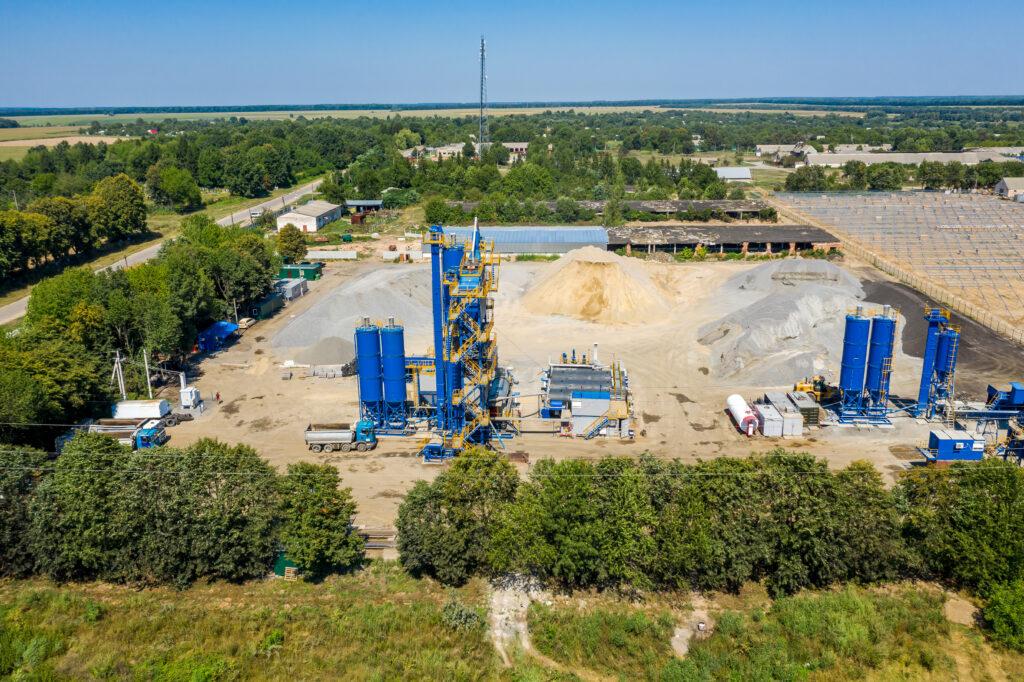
What is a Positive Displacement Pump?
Positive displacement pumps are a type of pump that move fluid by trapping a fixed amount and forcing (displacing) that trapped volume into the discharge pipe. Unlike centrifugal pumps, which use impellers, positive displacement pumps operate by mechanically displacing the fluid, making them ideal for handling viscous materials like asphalt.
The Role of Gear Pumps in Asphalt Applications
Gear pumps are a popular choice in asphalt applications due to their robust design and ability to handle high-viscosity fluids. These pumps use intermeshing gears to move the asphalt through the system, providing a steady and consistent flow. This reliability is crucial in maintaining the quality of the asphalt, as any interruptions or inconsistencies can lead to defects in the final product.
Rotary Vane Pumps: Versatility in Asphalt Manufacturing
Rotary vane pumps are another critical type of positive displacement pump used in asphalt manufacturing. These pumps are known for their versatility and ability to handle varying viscosities and pressures. The rotary vane design allows for smooth and efficient pump services, making it an excellent choice for applications where precise control over the flow rate is required.
Hot Mix Asphalt (HMA) and the Need for Reliable Pumping Solutions
Hot Mix Asphalt (HMA) is the most commonly used type of asphalt in road construction and repair. The production of HMA requires heating the asphalt to high temperatures, which increases its viscosity. Positive displacement pumps, particularly gear and rotary vane pumps, are essential in this process as they can efficiently handle the thick, hot material without losing efficiency or reliability.
Warm Mix Asphalt (WMA): Enhancing Efficiency with the Right Pump
Warm Mix Asphalt (WMA) is gaining popularity due to its environmental benefits, as it requires lower production temperatures compared to HMA. However, the lower temperature also means that the asphalt is less viscous, requiring pumps that can handle a wider range of fluid consistencies. Rotary vane pumps, with their ability to maintain efficiency across varying viscosities, are particularly suited for WMA applications.
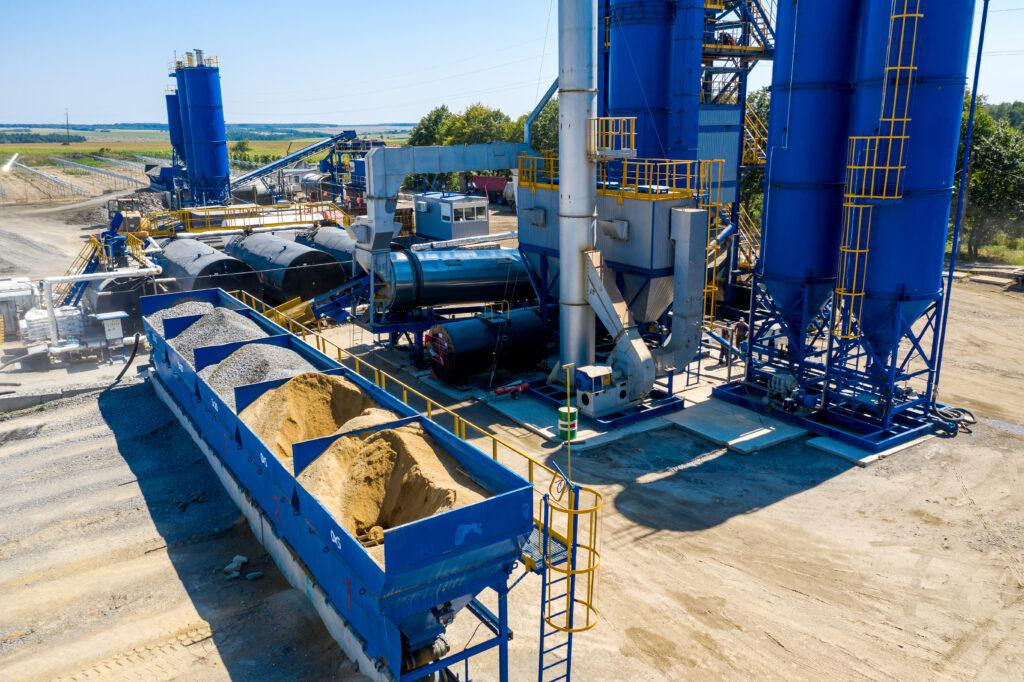
Cold Mix Asphalt (CMA) and the Importance of Precision Pumping
Cold Mix Asphalt (CMA) is used in applications where heating the asphalt is not feasible or necessary, such as in remote locations or for temporary road repairs. CMA has a much lower viscosity than HMA and WMA, which requires pumps that can provide precise control over the flow rate to ensure proper mixing and application. Positive displacement pumps, with their ability to deliver consistent and controlled flow, are ideal for CMA production.
Key Benefits of Positive Displacement Pumps in Asphalt Applications
Positive displacement pumps offer several advantages in asphalt applications, including:
- Efficiency: They provide consistent flow regardless of the viscosity of the asphalt.
- Reliability: Their robust design ensures long-term operation with minimal maintenance.
- Versatility: Suitable for all types of asphalt, including hot, warm, and cold mixes.
- Precision: Capable of delivering accurate flow rates for precise control during the manufacturing process.
Maintenance and Longevity of Gear and Rotary Vane Pumps
To ensure the longevity and optimal performance of gear and rotary vane pumps, regular maintenance is crucial. This includes routine inspections, lubrication, and replacement of worn parts. Proper maintenance not only extends the life of the pumps but also ensures that they continue to operate efficiently, minimizing downtime and reducing the risk of costly repairs.
Choosing the Right Pump for Your Asphalt Manufacturing Process
Selecting the appropriate positive displacement pump for your asphalt manufacturing process depends on several factors, including the type of asphalt, the production volume, and the specific requirements of your operation. Consulting with a knowledgeable supplier who understands the nuances of asphalt applications can help you make an informed decision that enhances your production efficiency and product quality.
The Future of Asphalt Manufacturing with Positive Displacement Pumps
Asphalt manufacturing continues to evolve, with an increasing focus on efficiency, sustainability, and quality. Positive displacement pumps, particularly gear and rotary vane pumps, will continue to play a vital role in this evolution, providing the necessary precision, reliability, and versatility required for modern asphalt applications. By investing in the right pumps and maintaining them properly, manufacturers of All Motors & Equipment Direct can ensure that they meet the demands of the future while delivering high-quality asphalt products.
